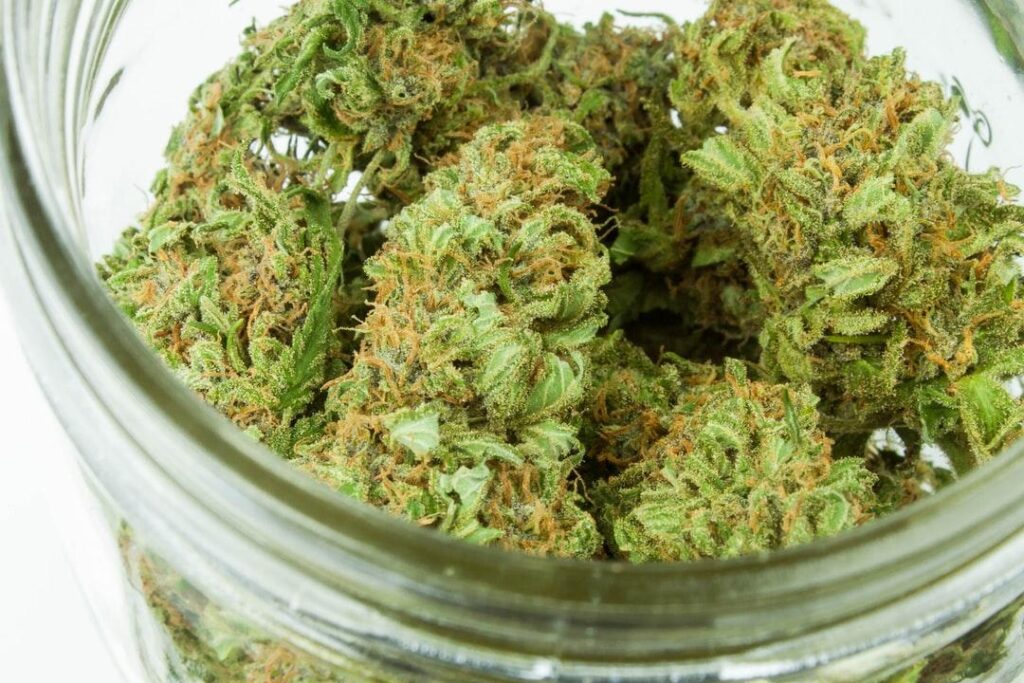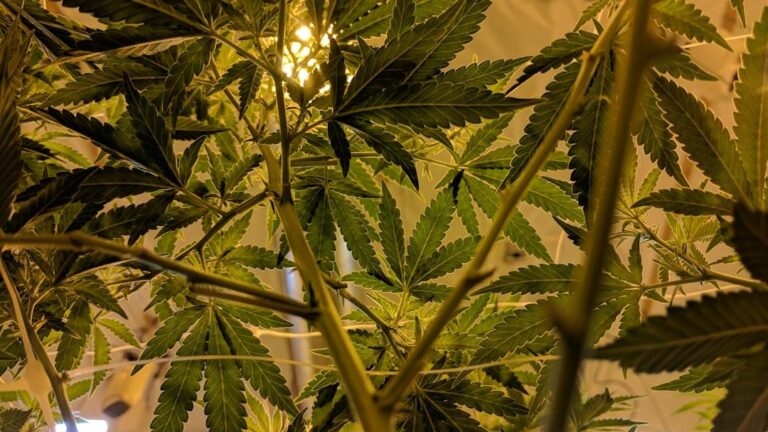Cannabis users face a number of stereotypes. From the trope of the lazy stoner to the myth that all marijuana smokers are sleepy-eyed, unproductive hippies who lack personal drive and ambition, there’s no shortage of narratives that paint smokers in a less-than-flattering light.
Another enduring stoner stereotype is that of the forgetful stoner. You know the one — the guy who’s too baked to remember his own name, let alone yours, or the girl whose high derails her train of thought mid-sentence. The idea that stoners are forgetful is so popular that it almost passes as fact.
But can being high cause memory loss? Or is that just a cultural myth about cannabis? Let’s take a closer look at the connection between memory and marijuana.

How Does Weed Effect Your Memory?
Although some stoners might be loathe to admit it, there is some truth to the idea that stoners are forgetful. In some instances, being high can cause memory loss. Does that mean there’s a chance you’ll come down from your next high with complete amnesia? Of course not. But it doesn’t mean that smoking marijuana can substantially impact your short-term recall and other cognitive functions.
If you think back to your high school biology class, you might remember learning about the different regions of the human brain and what functions they control. One of those regions is the hippocampus, tucked away inside the temporal lobe. It’s only between 40 and 50 millimeters or so in size, but it’s full of neurons that have direct access to the cerebral cortex. It’s responsible for a range of important functions, like processing information and helping with spatial navigation.
The hippocampus is also in charge of your short and long-term memory. As you get older, you start to lose neurons in the hippocampus, which is why memory loss is frequently associated with old age. Likewise, diseases like Alzheimer’s and various forms of dementia cause neuronal degeneration in the hippocampus, resulting in memory loss and other cognitive decline.
But here’s the thing: Marijuana has a direct effect on the hippocampus. When you get high, chemicals in marijuana such as tetrahydrocannabinol (THC) and cannabidiol (CBD) alter the natural chemistry of your hippocampus. Studies show that this can result in several changes to how you process and store information, including memory loss.
THC and the Hippocampus
Because marijuana legalization is still relatively new in the U.S., there’s a lot we don’t know about how weed and the 80-100 chemical compounds in produces interact with the human body. Further research will provide a clearer picture, but so far, there’s no question that marijuana use impacts memory.
When you ingest marijuana, THC hijacks receptors in the hippocampus that are crucial for making memories. It also attaches to receptors in other regions of the brain that influence memory, like:
- The amygdala
- The cerebral cortex.
Although the full extent of this is unknown, scientists have observed important memory changes in the brains of people who get high. One study showed that THC reduces the volume of the hippocampus, causing hippocampal atrophy. This is the same type of damage that generally indicates Alzheimer’s disease and can result in significant impairment of long and short-term memory. The shrinkage was most prominent in veteran smokers, according to the study, and in people who were exposed to THC without CBD.
The results of another study that used rat models suggest that THC effectively jumpstarts a process of neuron depletion similar to the one that occurs naturally with age, especially in people who are exposed to marijuana before the brain is fully developed.
How To Protect Your Memory When You Get High
Even though getting high can cause memory loss, the good news is that it’s usually a temporary side effect. The results of the first study we mentioned above indicate that taking a break from marijuana can restore hippocampal volume and reduce atrophy.
That said, there are a few tactics that may help you retain your memory even when you’re high. Here are a few tips.
Change Your Go-To Strain
When it comes to marijuana and your memory, the strain you smoke makes a big difference. As mentioned earlier, it’s the chemical THC that has the largest impact on memory, while, CBD is far less damaging. Switching to a strain that has a greater CBD content could help cut back on weed forgetfulness.
Some common marijuana strains with high levels of CBD include:
- AC/DC
- Lifter
- Ringo’s Gift
- Elktra
- Sour Tsunami
- Sour Space Candy
Work Out Your Hippocampus
You’ve probably heard that the brain is a muscle. And like any muscle, the way to strengthen is through exercise. Another thing you can do that may help combat the effect of marijuana on your memory is to exercise your hippocampus.
Building memory exercises into your routine may even help preserve your memory all the time, not just when you’re smoking. For example, memorization activities can boost your immediate recall. Memorize a grocery list or a short passage from a book and test yourself on it after an hour or so.
You can also try activities that are believed to promote healthy brain chemistry and improve cognition in general, like:
- Playing a musical instrument
- Playing sports
- Learning a new language
- Taking a cooking class
If there are specific things you want to be sure you don’t forget once you get high, you can try memory tricks to help you remember. If you’re worried about forgetting someone’s name, try imagining writing on their forehead in big, bright letters. Repeating facts and other small details to yourself several times in a row can lodge them into your memory.
Don’t Forget Where To Go For Quality Cannabis
Enjoying marijuana without increasing your risk of experiencing the adverse side effects it can cause, like weed forgetfulness, is a lot easier when you’re using quality cannabis products. At DDM Cannabis, you’ll find a great selection of the best cannabis products in Massachusetts.
DDM Cannabis has two convenient locations, so find the one closest to you to get started. You can place an order online or come and see us in the store. We’ll be glad to see you.


